Music Education Strengthens Perseverance
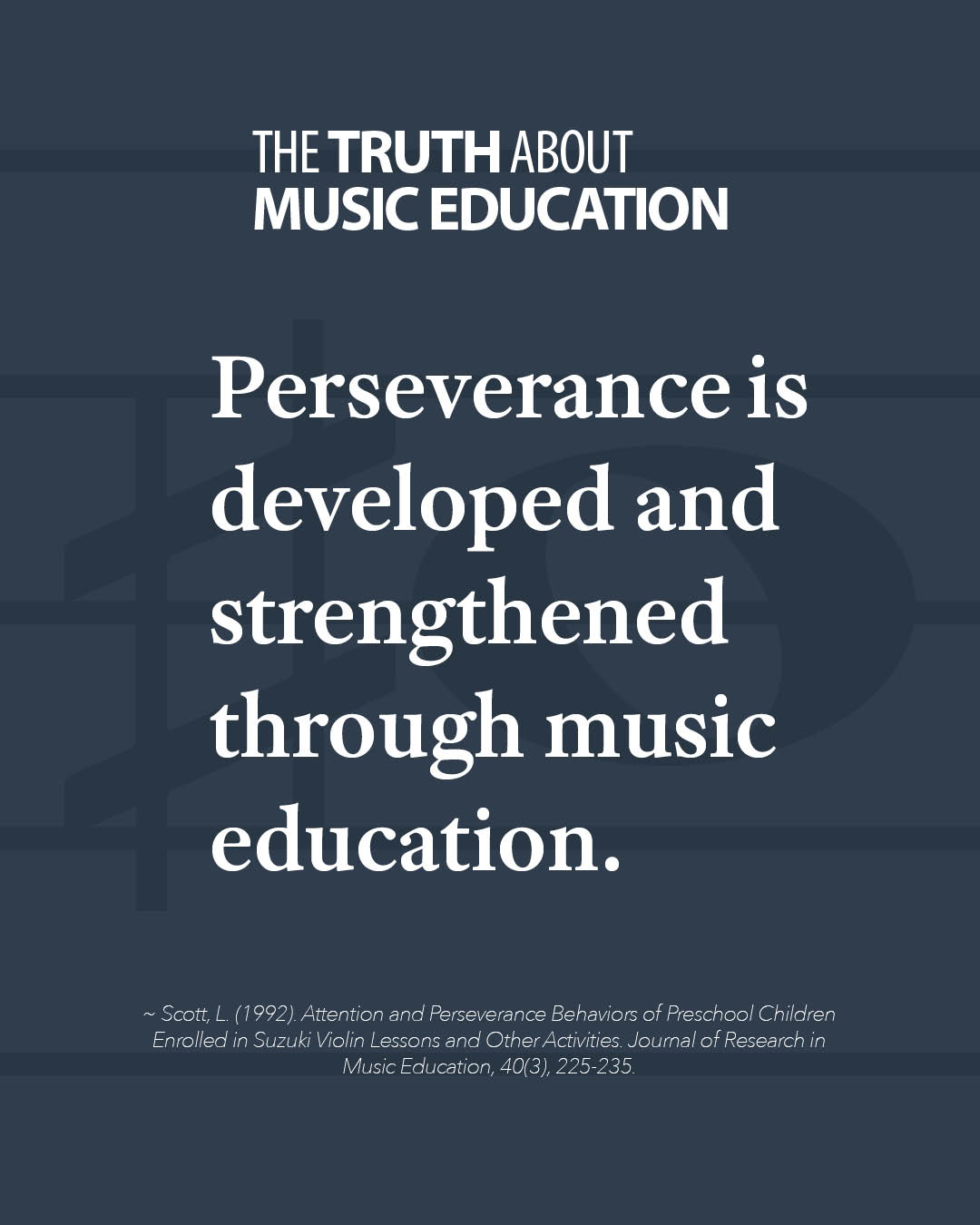
Perseverance is developed and strengthened through music education.

Perseverance is developed and strengthened through music education.
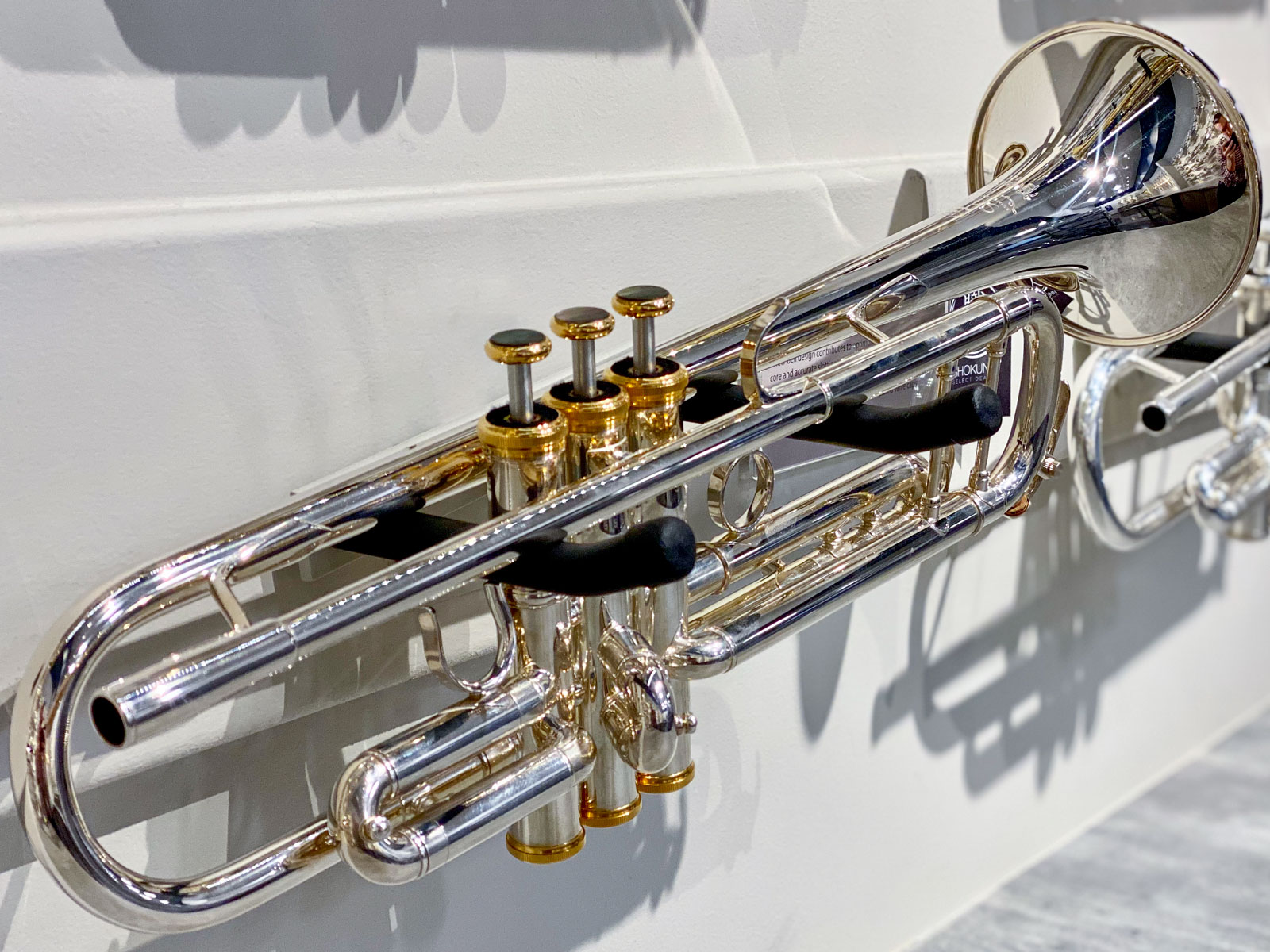
Professional or advanced instruments will make you play and sound better. However, the actual instrument that is best for you is very subjective. We have students come in all the time with the intention of getting the best trumpet and mouthpiece. Those students don’t know that there is NO universal best trumpet or best mouthpiece. There is ONLY the best trumpet and mouthpiece for a particular player.
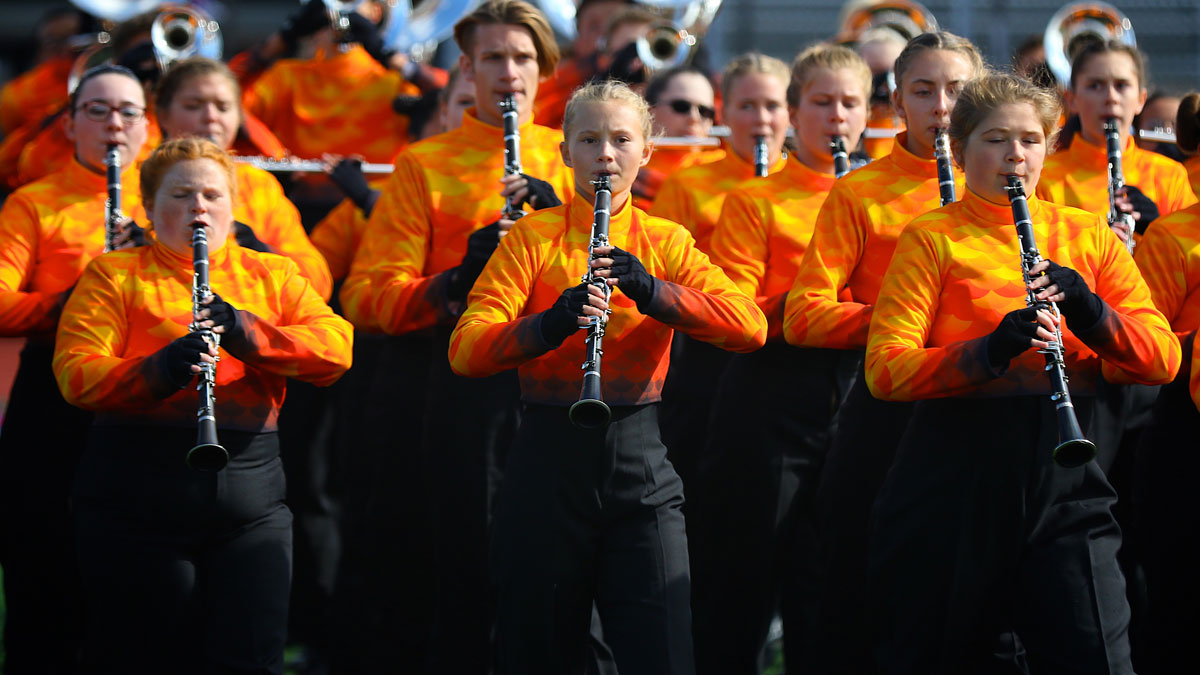
If I had a dollar for every time someone has said “marching band is a sport!” I could by the entire S&P 500. It is a truly silly argument. It’s like saying a tomato is a fruit and not a vegetable—it may be technically correct but it doesn’t have any real-world implications. You can put tomatoes in a salad or in a salsa—one of which is mostly composed of vegetables, and one that is mostly composed of fruits. See—it’s just a point of view for the sake of having a point of view. This is not an editorial on such matters—it IS an editorial on approaching music performance like an athlete instead of purely as artistic expression.

Music education helps develop originality and flexibility, which are key components of creativity and innovation.
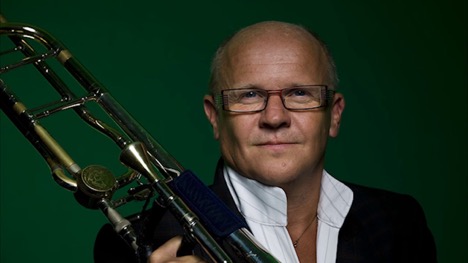
Born February 15, 1958, Christian Lindberg is the most prolific trombone soloist in modern history. For over 40 years, he has been a full-time soloist, and he has premiered works by Arvo Part, Luciano Berio, and Michael Nyman among others. Having recorded over 60 solo albums as a trombonist, Lindberg has also recorded dozens of albums as a conductor. His signature model Conn 88HCL trombone is available through Paige’s Music.
To learn more about Christian Lindberg and his music please visit https://www.allmusic.com/artist/christian-lindberg-mn0001649636/biography
Lindsberg’s Youtube Channel
https://www.youtube.com/channel/UCNqsDg0CDcW0_reUddAWj0Q
Christian Lindberg 2019 Full Tokyo Recital
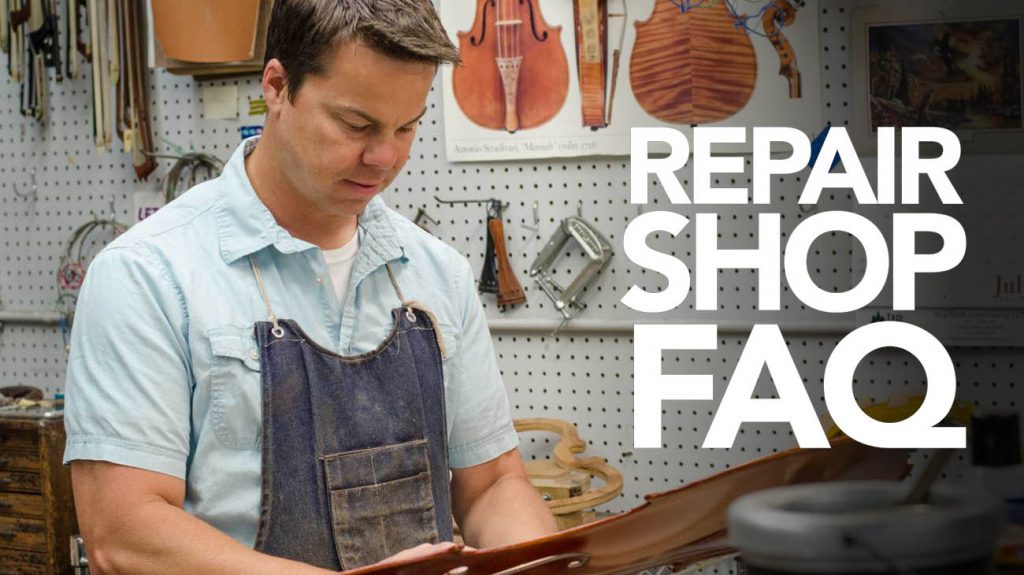
We often get questions about having an instrument repaired at Paige’s Music. Here are some Frequently Asked Questions that will be helpful if you are considering sending in your instrument for service.
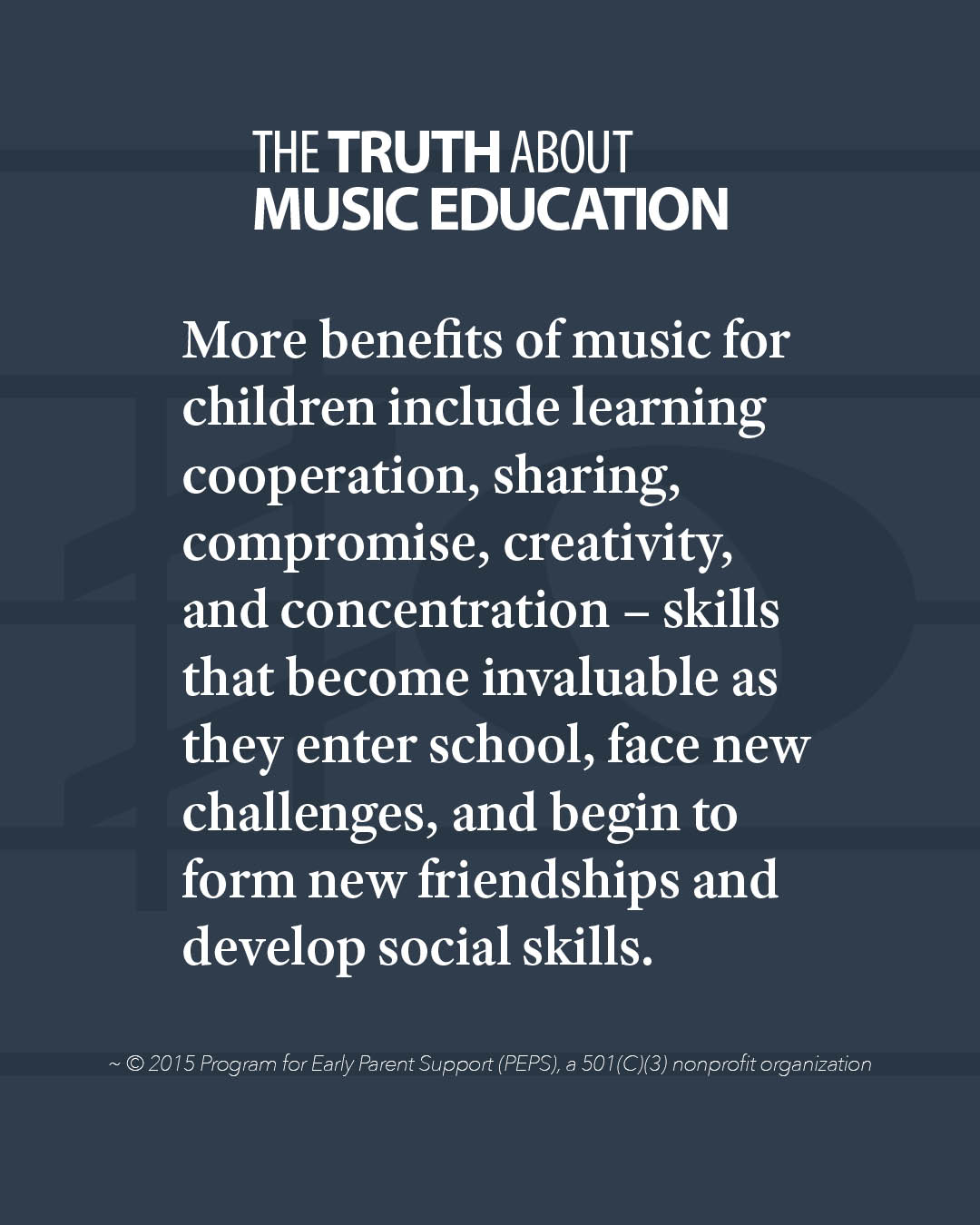
More benefits of music for children include learning cooperation, sharing, compromise, creativity, and concentration – skills that become invaluable as they enter school, face new challenges, and begin to form new friendships and develop social skills.
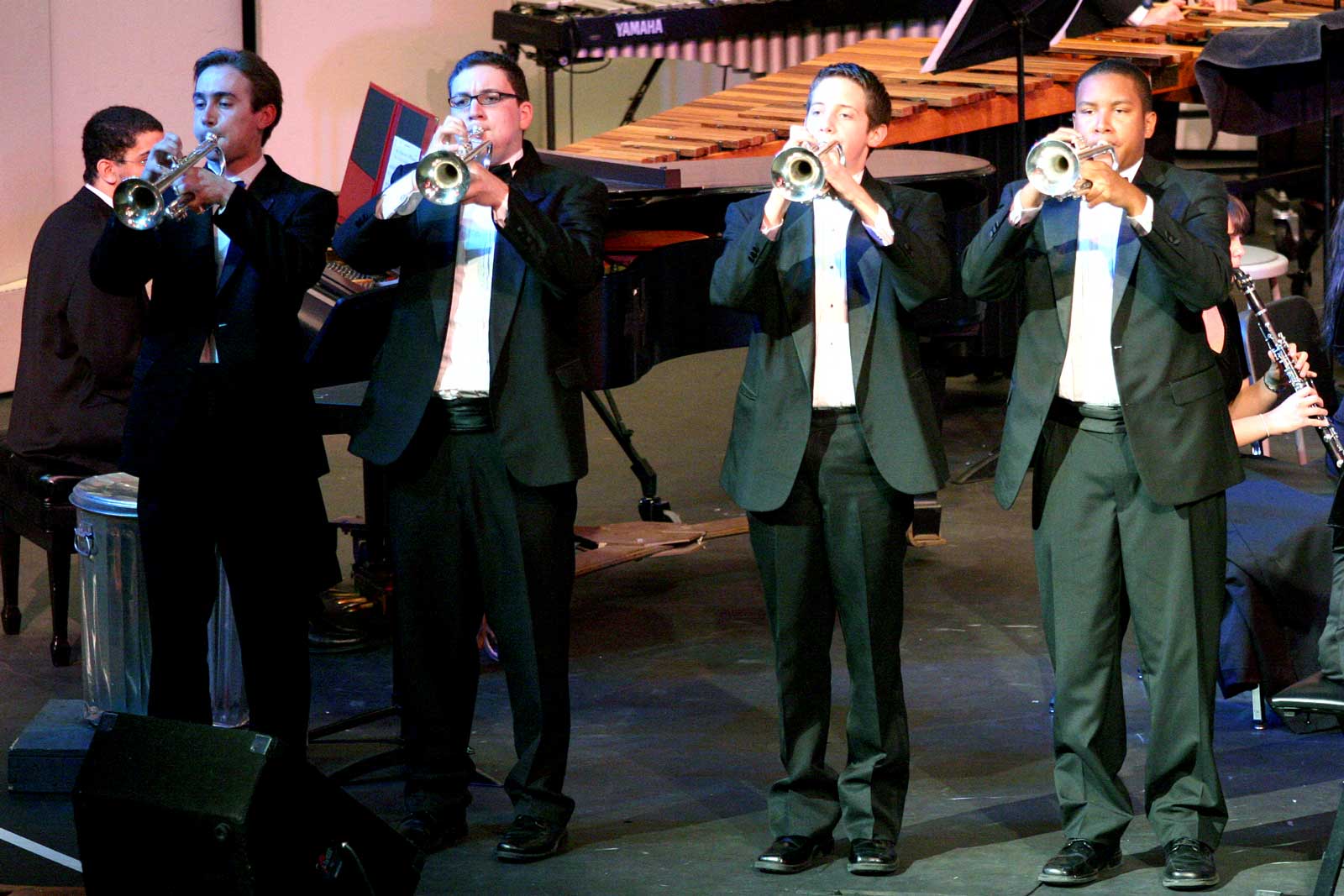
These past couple weekends have been going full tilt with ISSMA Solo & Ensemble events. You’ve all worked hard on your solos. The ensembles large, small, and mixed have all been rehearsed. During this long period of preparation from November until now, you have probably heard many thoughts about your solo from your band/orchestra/choir director, friends, or private teachers. How do we take the things they have said and apply it? Is there really anyone out there that can read judge’s handwriting on those ISSMA sheets? What if your judge accidentally compliments your Baroque style when you are CLEARLY playing a classical era piece? There are ways to take all the comments you receive and organize them into your plan of attack when going to state.